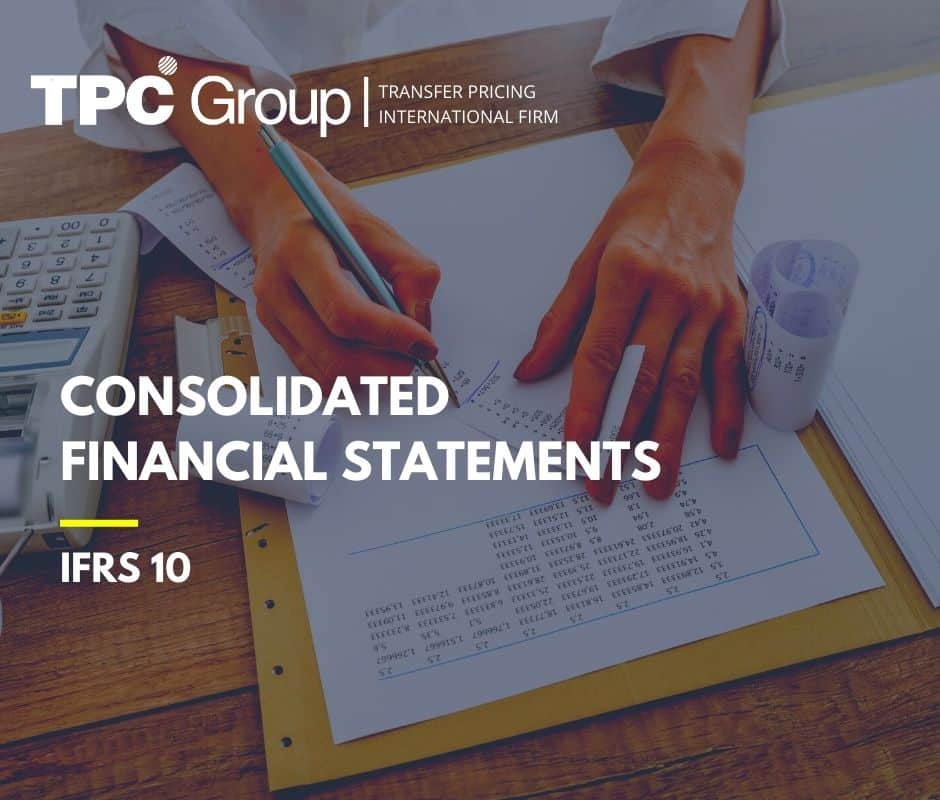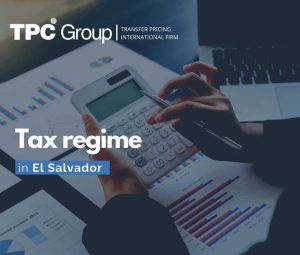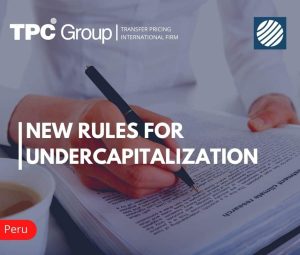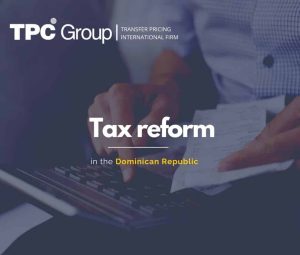Definition
Consolidated financial statements are the presentation of the grouping of the financial statements of the controlling entity (parent) with the separate financial statements of the subsidiaries as a single economic entity.
Main terms for evaluating the preparation of consolidated financial statements
Control
According to IFRS 10, “Consolidated Financial Statements,” an entity controls when it has power over other entities, rights to variable returns, and the ability to influence returns through its power over them.
Power
An entity (parent company) has power over one or more entities when it has rights to direct the relevant activities, i.e., activities that significantly affect the performance of one or more entities (subsidiaries).
Subsidiaries
An entity controlled by another one.
When should an entity consolidate its financial statements with the entities it controls?
If an entity prepares its financial statements under the International Financial Reporting Standards (IFRS) issued by the International Accounting Standards Board (IASB) and controls over one or more entities, these financial statements must be consolidated under IFRS No. 10 “Consolidated Financial Statements.”
Is there a possibility that a controlling entity may not consolidate its financial statements with one or more other entities?
According to IFRS 10, a controlling entity does not need to consolidate consolidated financial statements if it complies with all of the following conditions:
- The parent company has informed the subsidiaries and other owners (non-voting) that they will not file consolidated financial statements.
- Their debt or equity instruments are not traded in a public market, either on a local or foreign stock exchange.
- It does not register its financial statements nor process them with a regulatory organization.
- Its ultimate parent company prepares consolidated financial statements.
Considerations in the Consolidated Financial Statements Preparation
- The consolidated financial statements must have the same accounting framework.
- The parent company shall present non-controlling stock in the statement of consolidated financial position within the equity and separately from the parent company’s owners’ equity.
- Similar portions of assets, liabilities, equity, income, and expenses are combined.
- The amount of the parent’s investment in each subsidiary and the parent’s share in the equity of each subsidiary are offset (eliminated).
- Assets, liabilities, equity, income and expenses, and intragroup cash flows related to transactions among group entities are eliminated in their entirety.
What is the advantage of preparing and filing consolidated financial statements?
As mentioned above, reporting to owners and other users the economic situation and performance of the Group in a single set of financial statements.
Likewise, having consolidated financial statements will help the Group participate in bidding processes with private and state entities and obtain new financing from banks.
At Vargas Alencastre, García y Asociados, we assist entities in their preparation and filing of consolidated financial statements under the IFRS consolidation procedures.




